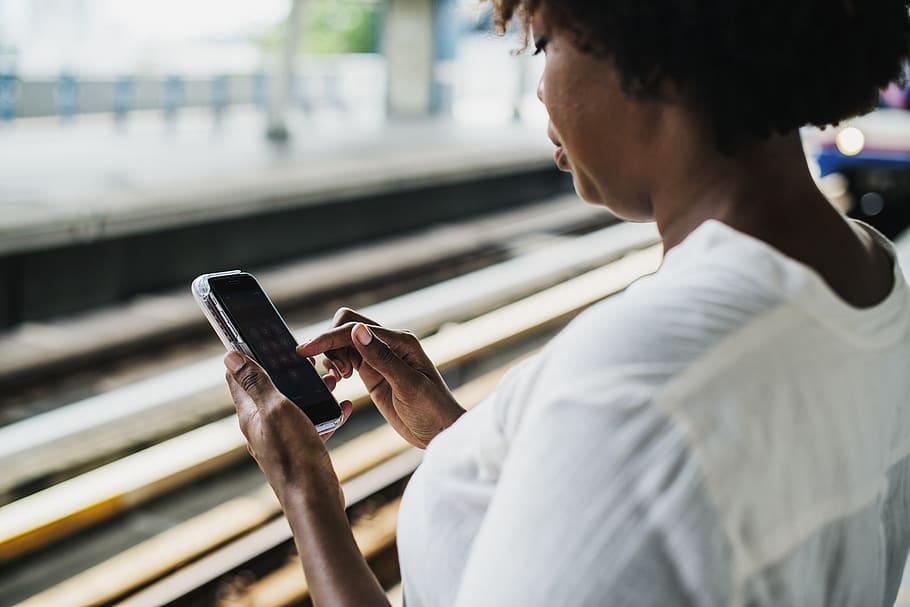The Nigerian government has created a new telephone call charge to help fund the Nigerian National Health Insurance Authority Act, which aims to provide medical care to more than 83 million poor Nigerians who lack coverage. The new fee, according to Techcabal, should generate annual revenue of 90 billion naira (equivalent to 217 million USD).
 The National Health Insurance Authority Bill 2022, passed on Friday, May 20, by President Muhammadu Buhari, paves the way for universal health care coverage by funding health insurance for citizens who cannot afford health insurance policies. , and who are part of the group of “vulnerable” people.
The National Health Insurance Authority Bill 2022, passed on Friday, May 20, by President Muhammadu Buhari, paves the way for universal health care coverage by funding health insurance for citizens who cannot afford health insurance policies. , and who are part of the group of “vulnerable” people.
A survey by NOI Polls, an Abuja-based polling centre, found that 8 out of 10 Nigerians are not covered by health insurance and most Nigerians pay cash when they have to go to a hospital for treatment, as shown by the Premium Times newspaper. Data attesting to the scope of this measure, whose target group is children under five years of age, pregnant women, the elderly, people with physical and mental disabilities, and the indigent.
The new fee is expected to generate $217 million in revenue annually, Techcabal estimates based on data from the Nigerian Telecommunications Commission. Operators still do not know whether to assume or transfer costs.
To finance the new health policy, the National Health Insurance Authority Bill 2022 creates a Vulnerable Group Fund, which will be financed, among others, by the new telecommunications tax. The fee will be charged for phone calls at one kobo (one naira cent) per second for GSM calls. The Vulnerable Group Fund will also be capitalized by the Basic Health Care Provision Fund, health insurance fees, subsidies, donations and any other voluntary contributions.
BUT: MTN receives final approval to operate Momo Payment Service Bank Ltd in Nigeria
The law also requires all people residing in Nigeria to have health insurance. Vulnerable group The list of beneficiaries, who make up the “vulnerable group”, as well as the sources of funding may be adjusted whenever justified, clarifies the diploma. Telecommunications operators in April proposed 40% increases in call and SMS rates because of inflation and rising operating costs, but the Nigerian Communications Commission rejected the proposal. Operators are now evaluating whether they will assume the cost of the fee or whether they will transfer it to customers.
“With average call rates of 11 Kobo per second, this new law implies that there will be a tax of at least 9% for every second of all telephone calls made in Nigeria”, says Techcabal, a Nigerian publication dedicated to technological information. As Nigerians made 150,8 billion minutes of calls in 2020, according to a report by the Nigeria Telecommunications Commission, Techcabal concludes that the new fee will generate annual revenue of 90,49 billion naira (217 million USD), annually.







